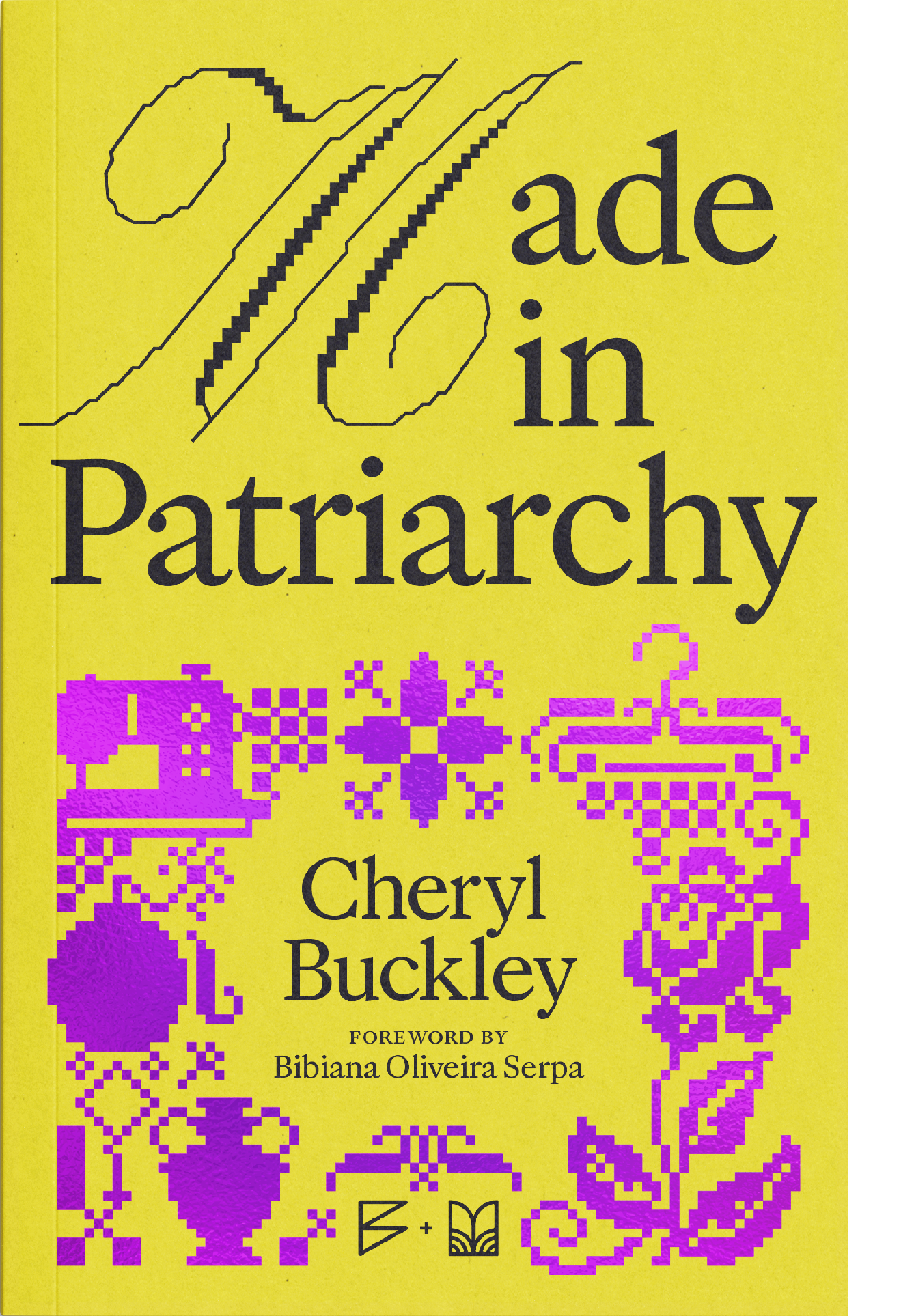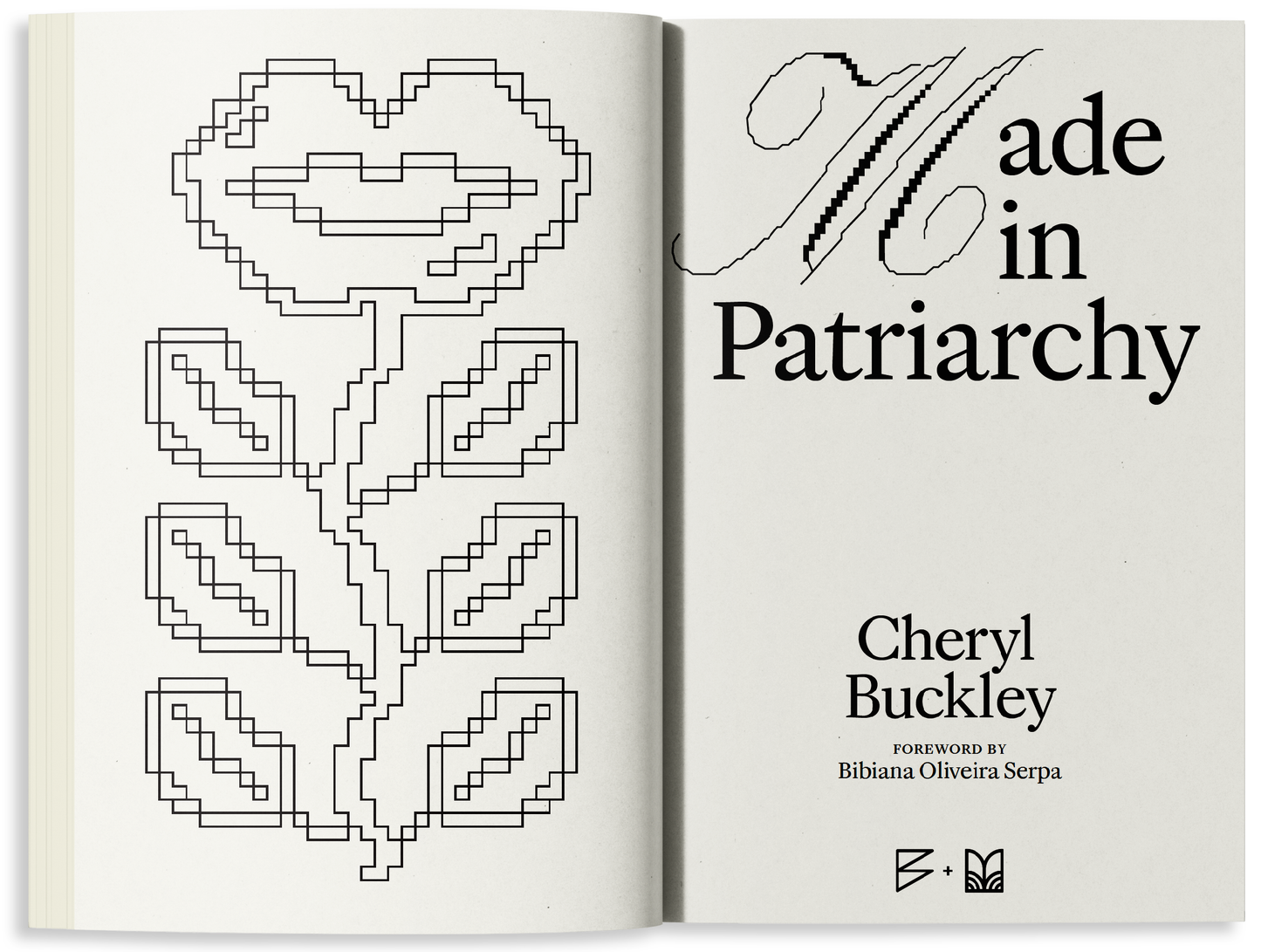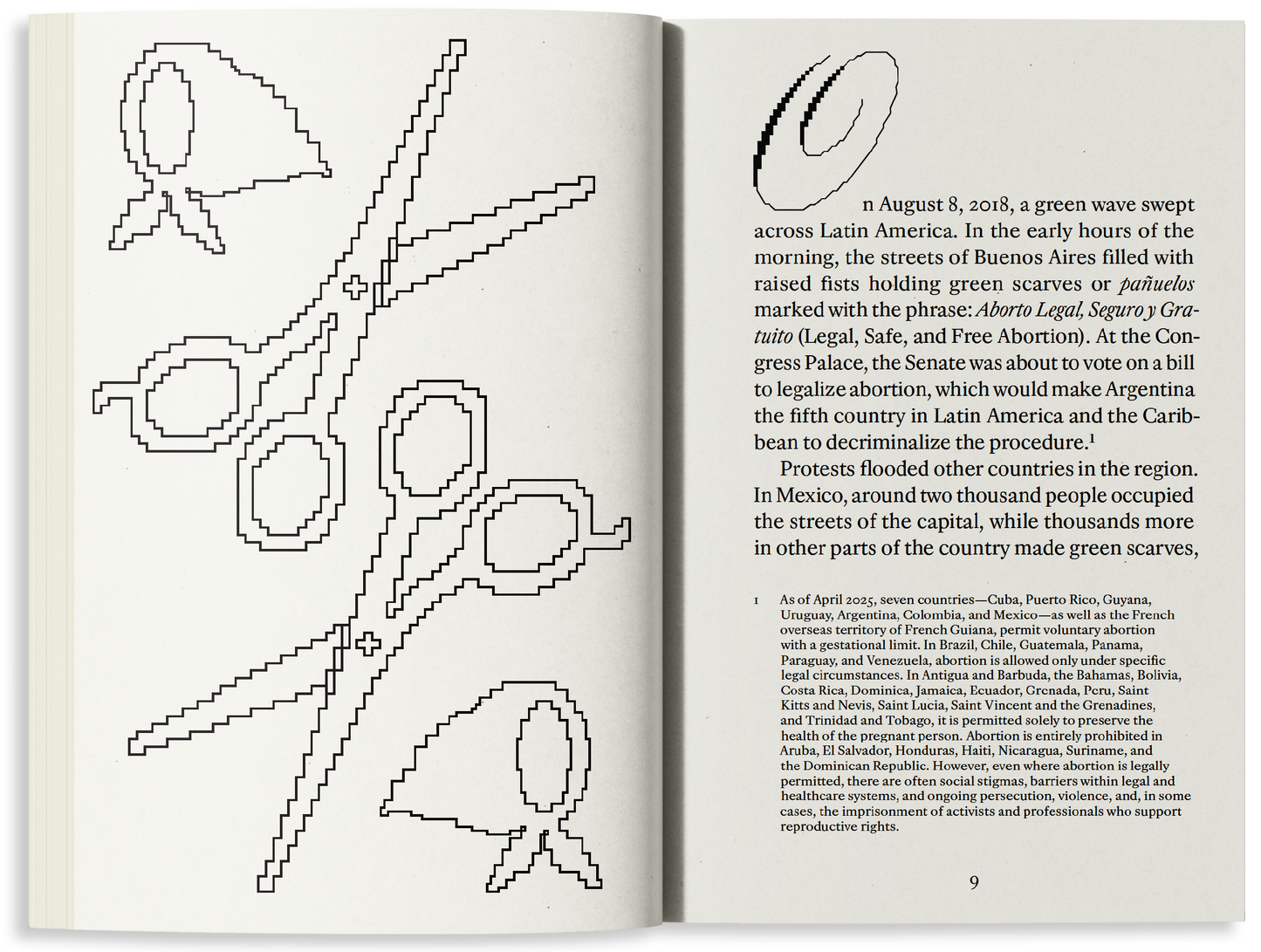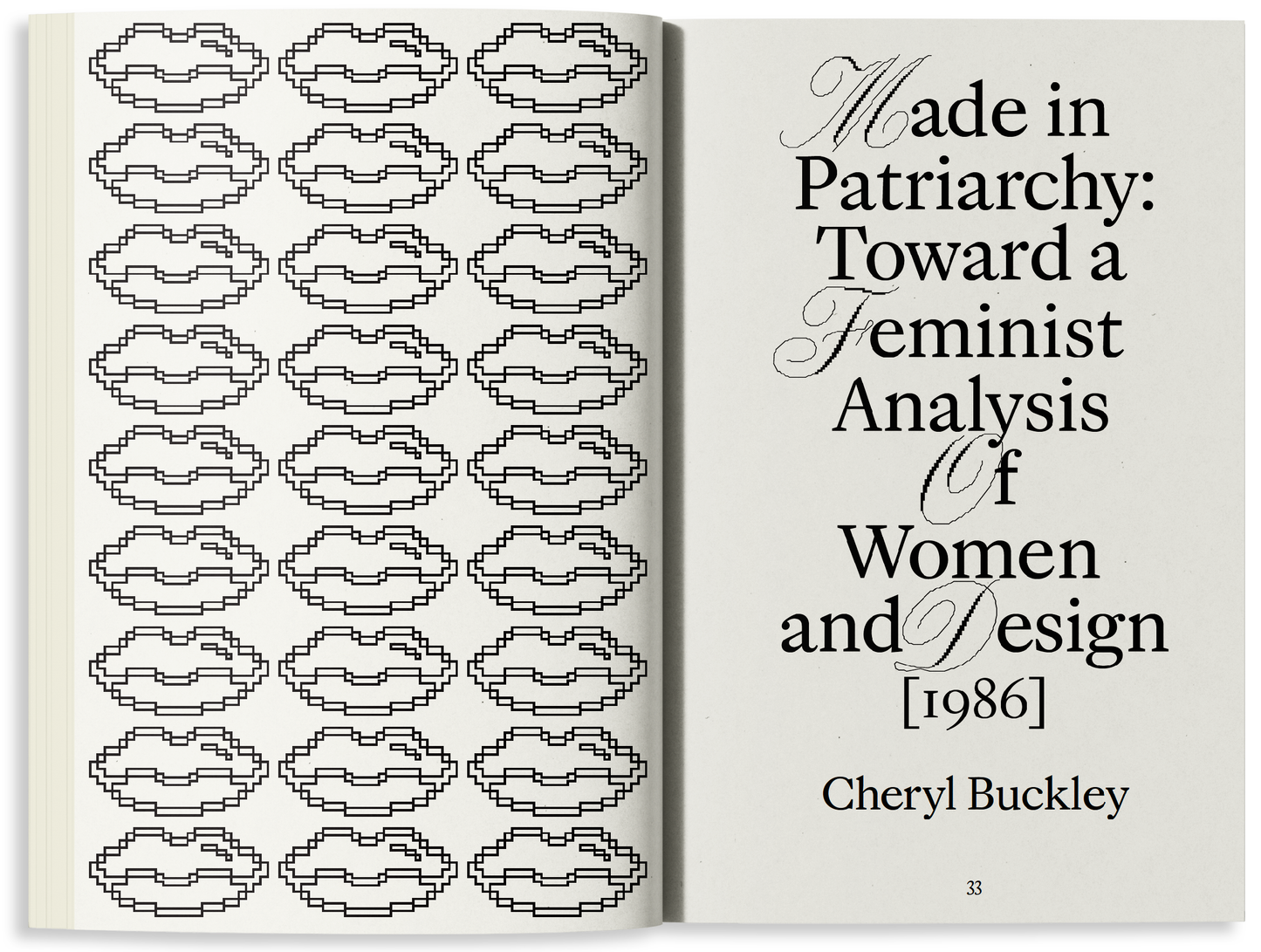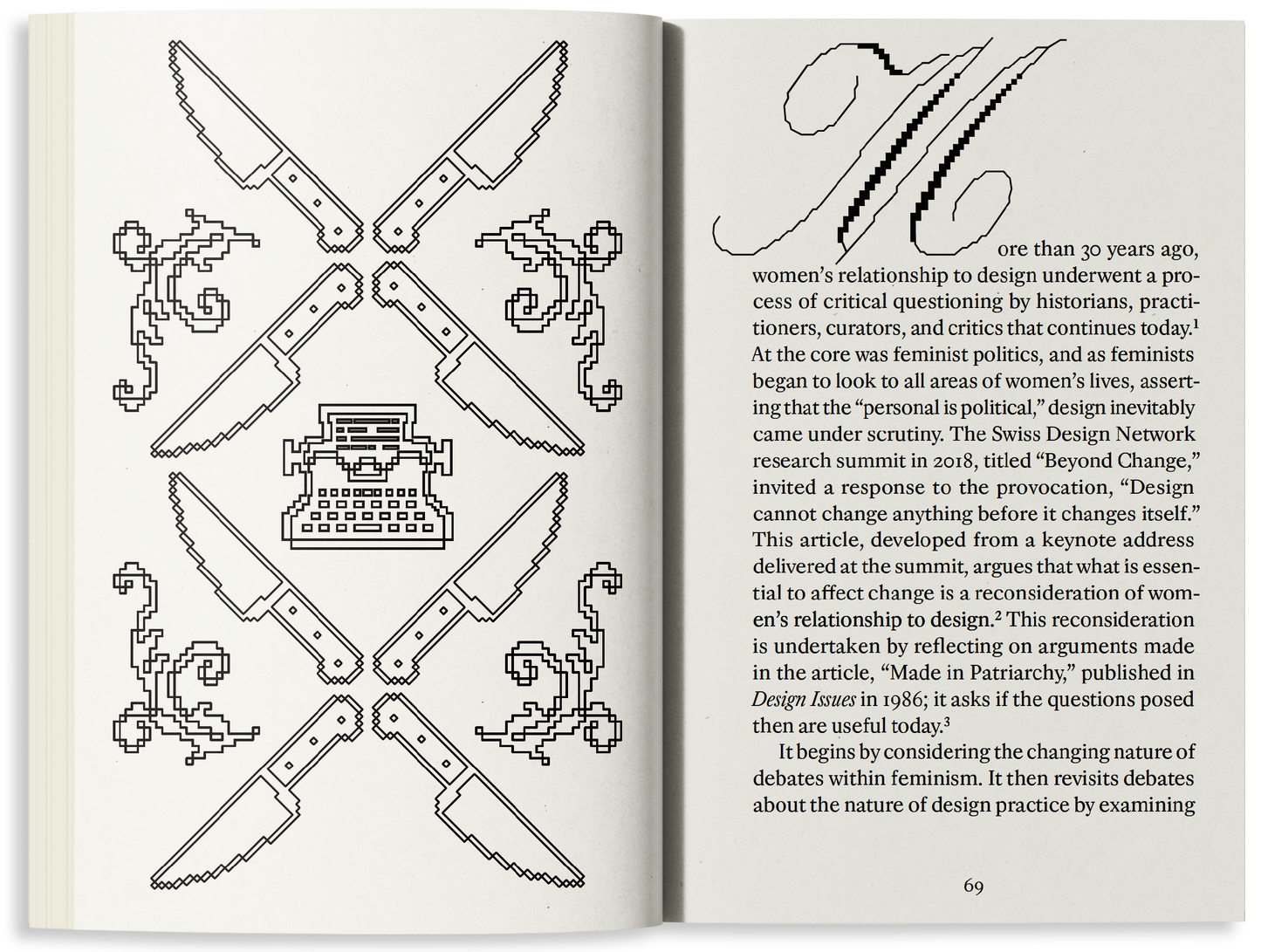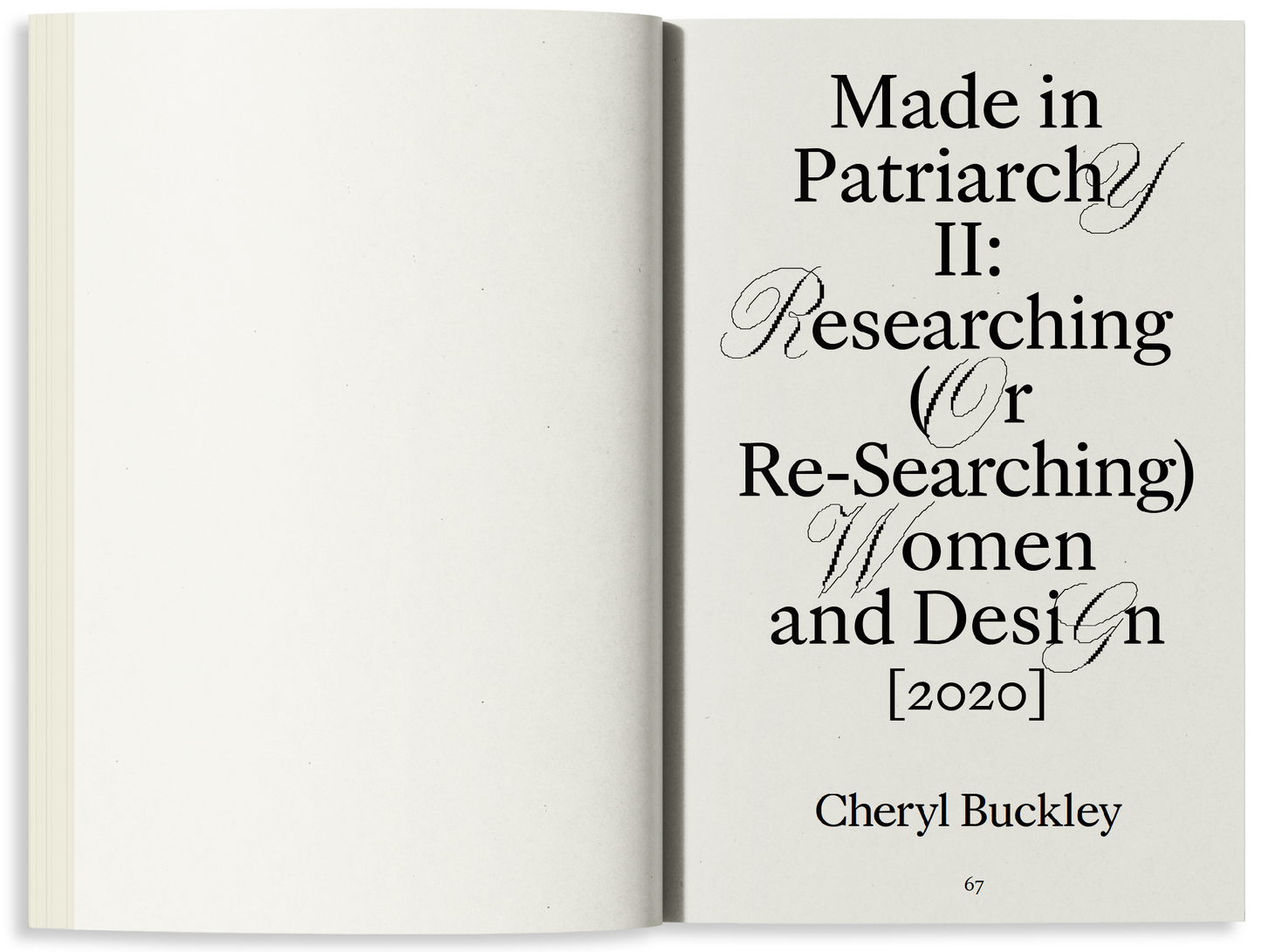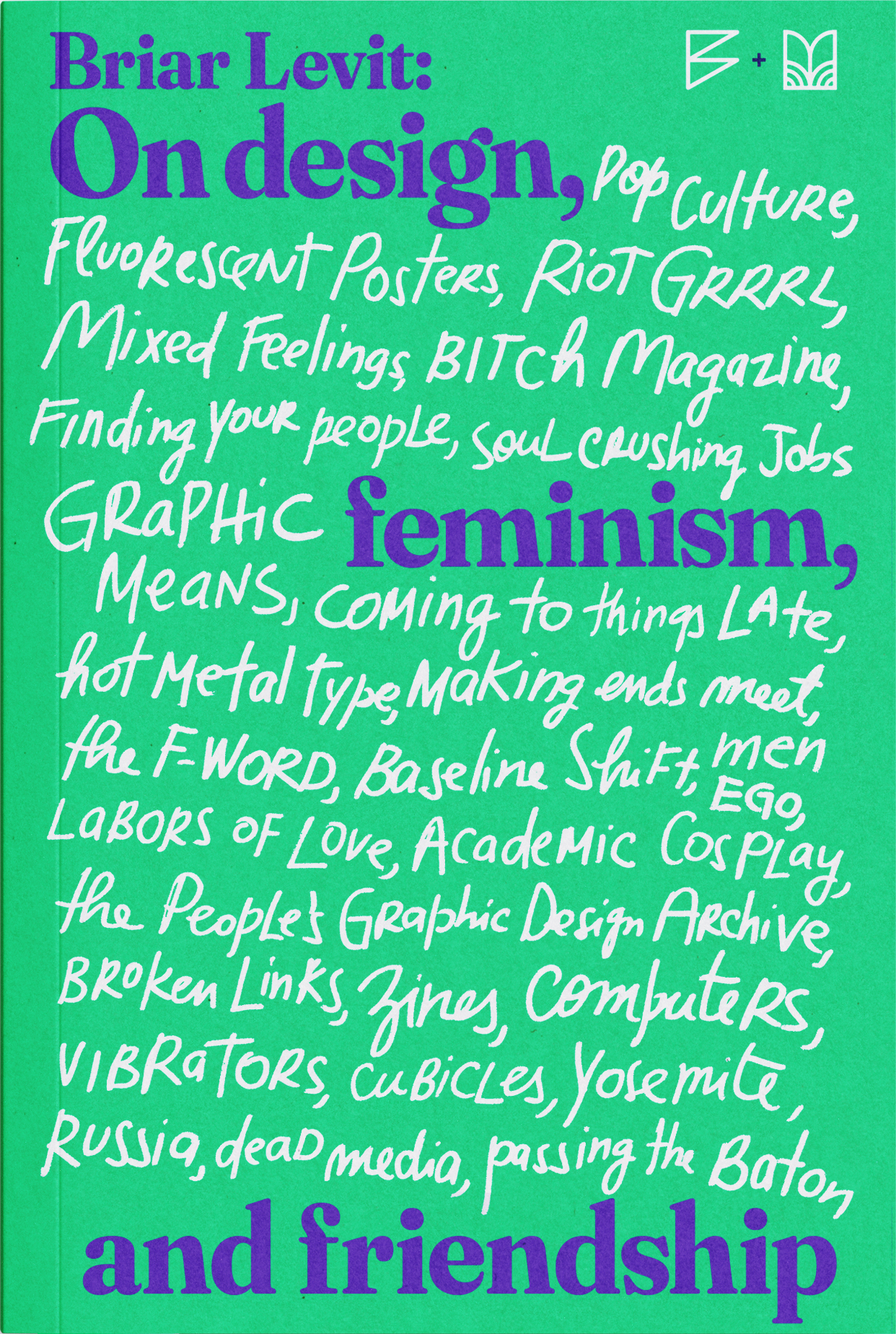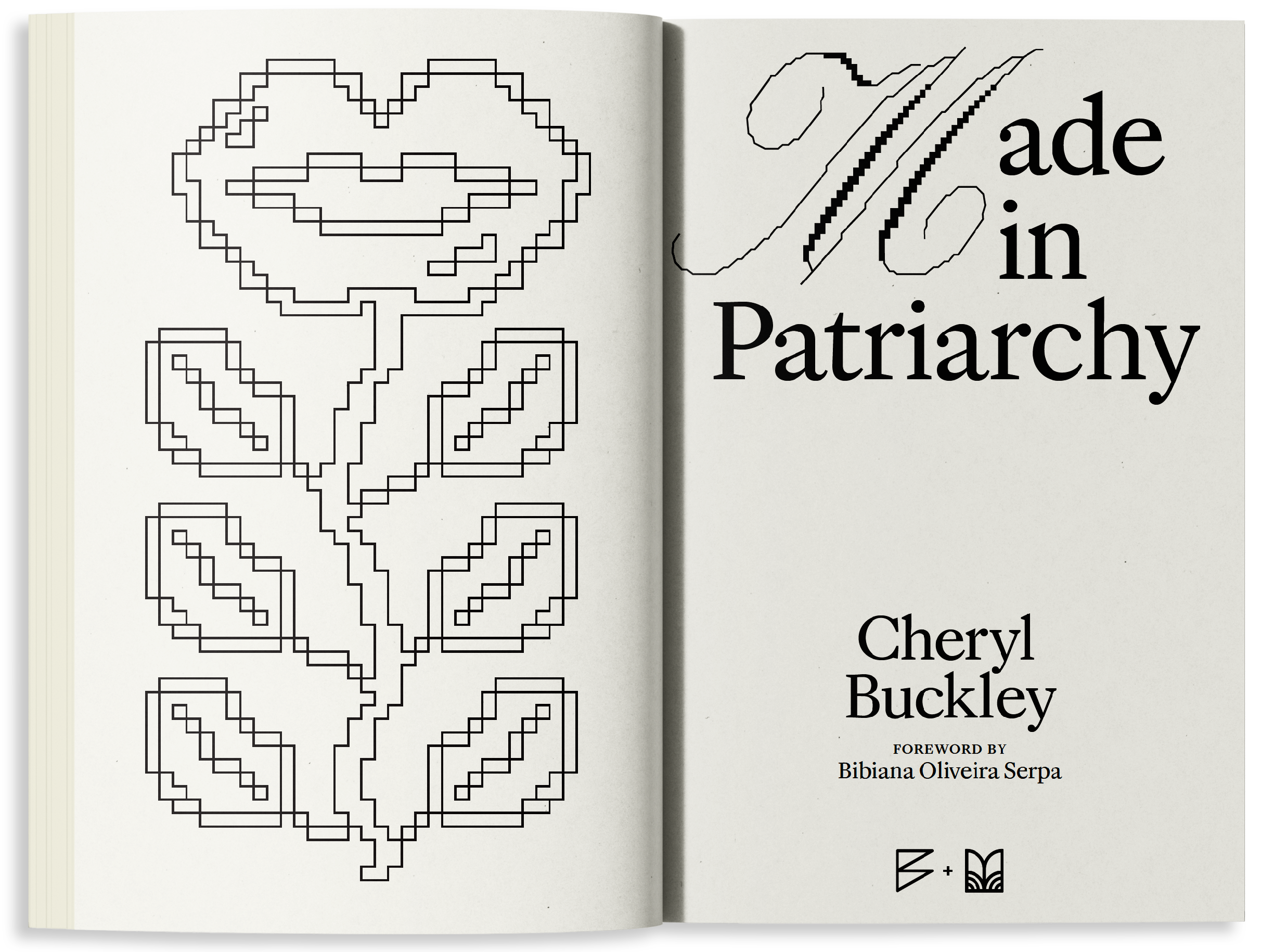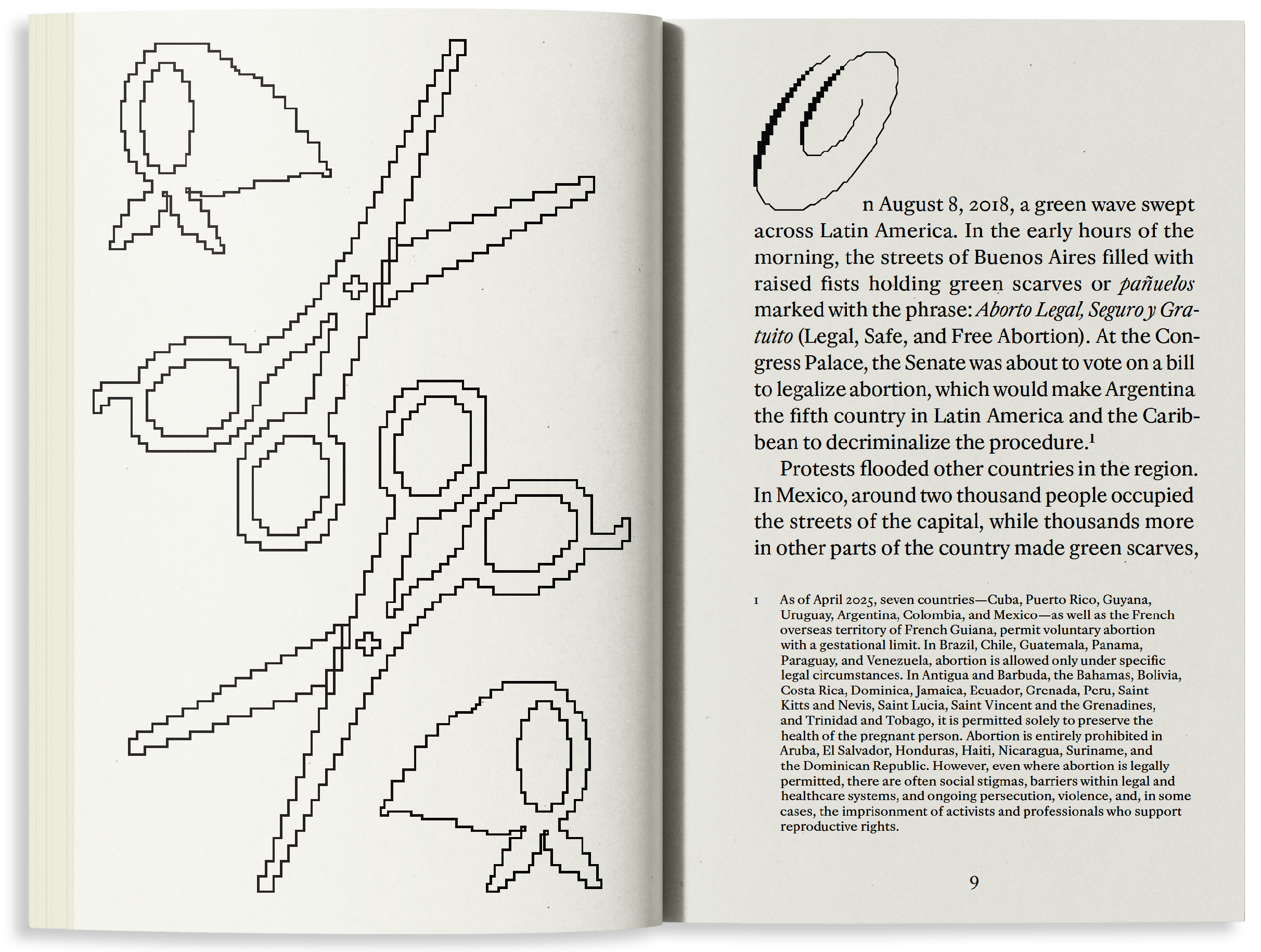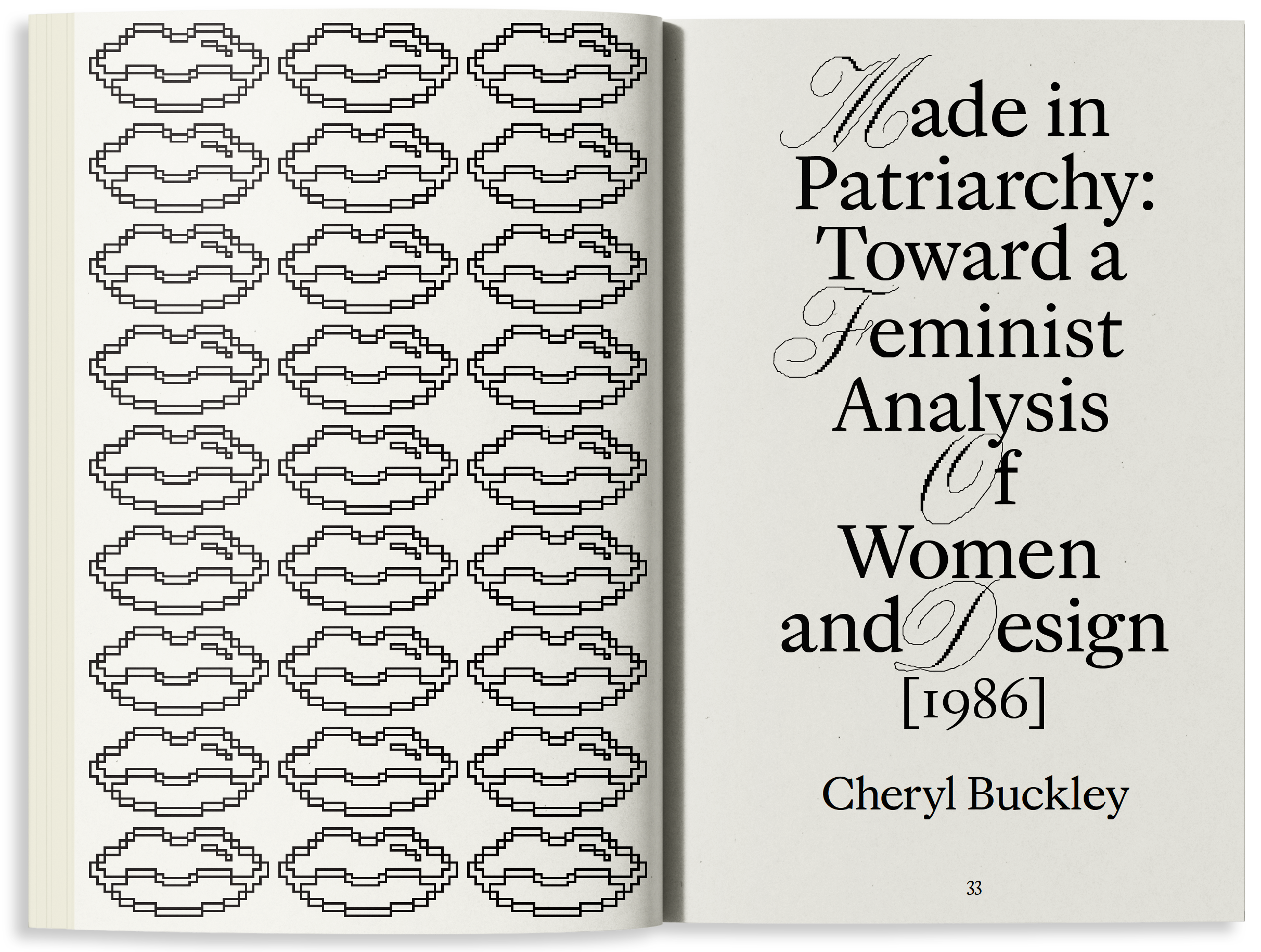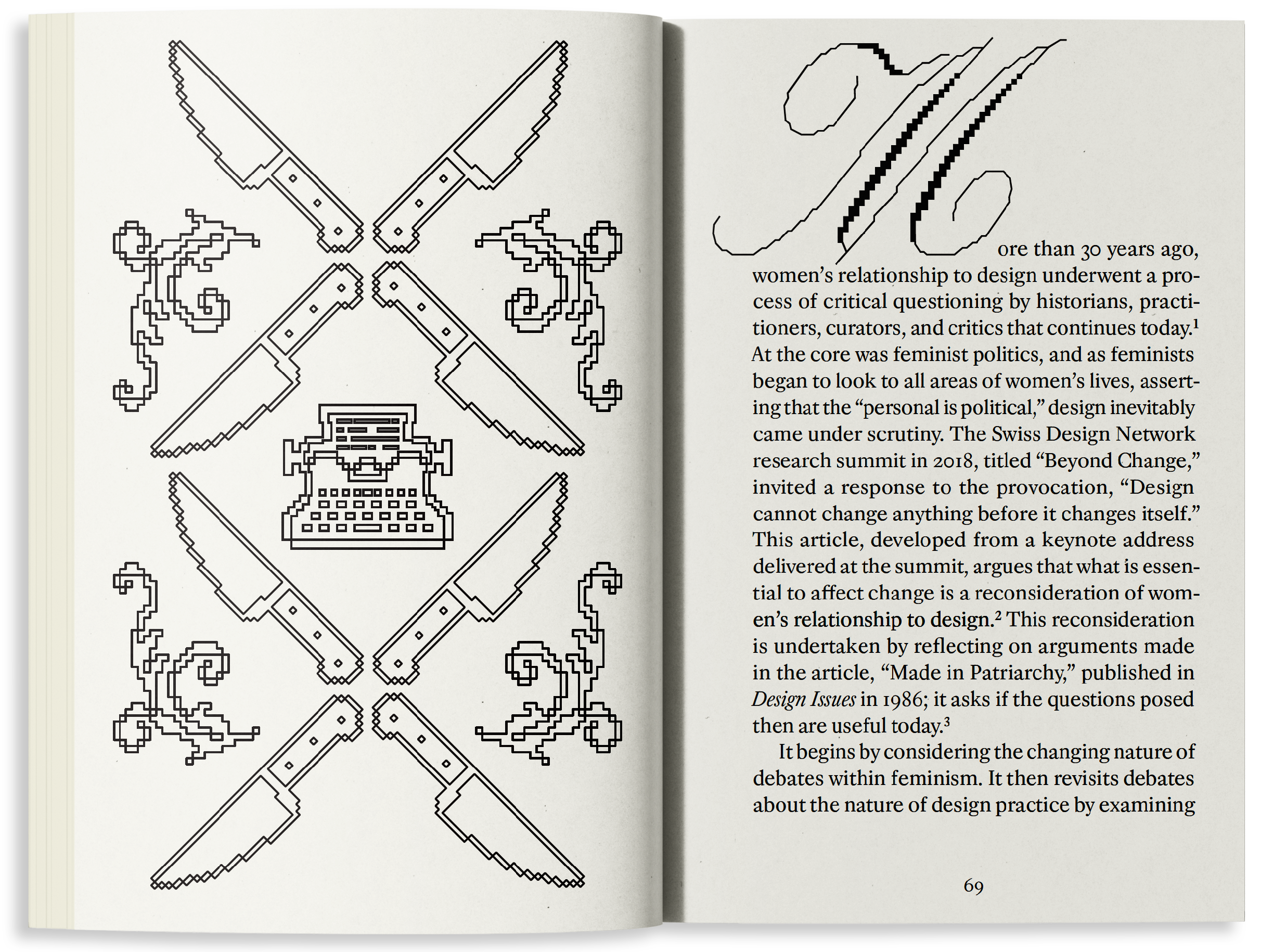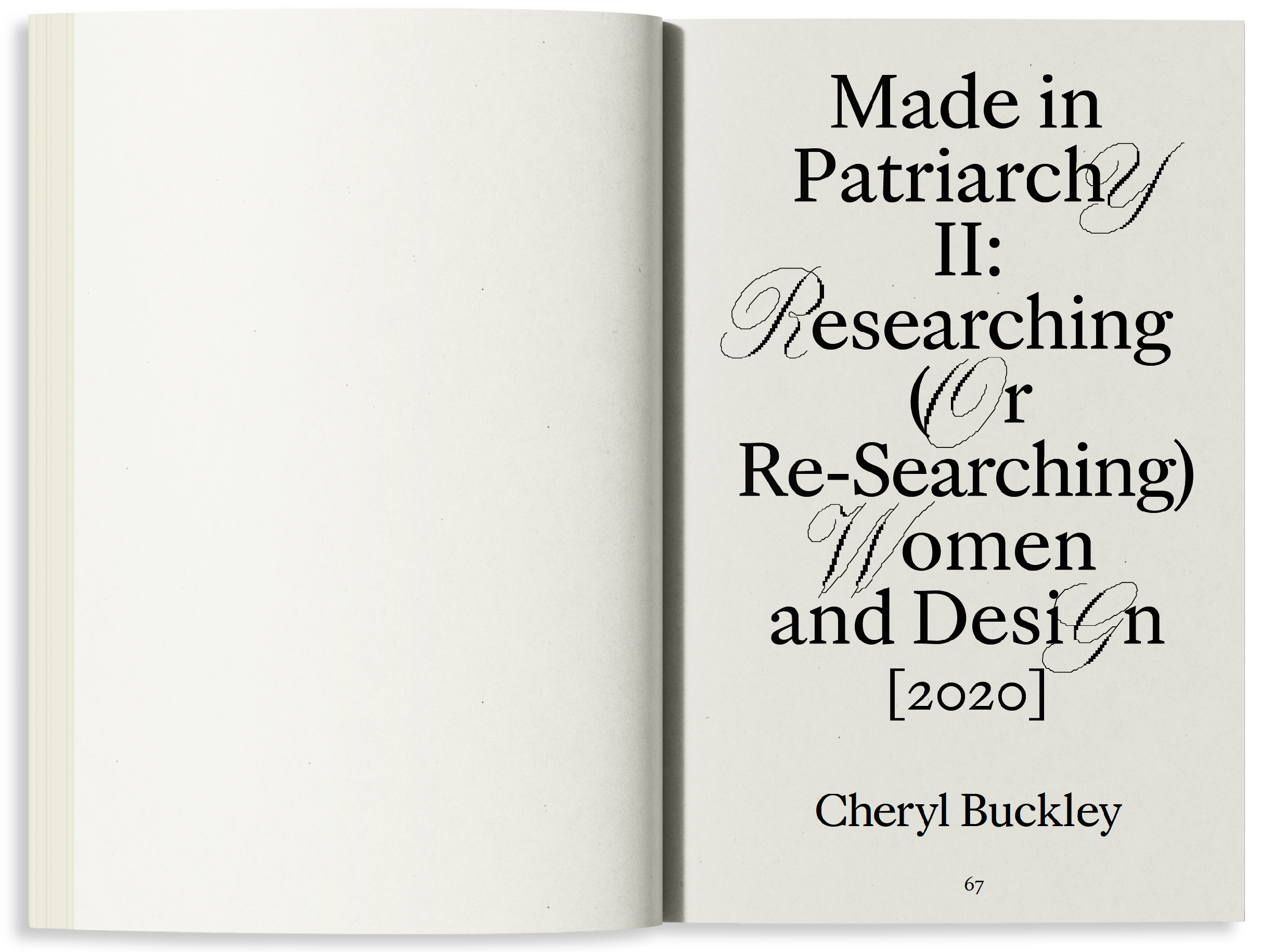My Store
Made in Patriarchy
Made in Patriarchy
Couldn't load pickup availability
ABOUT THIS BOOK
Made in Patriarchy brings together two key texts by design historian Cheryl Buckley.
In 1986, Cheryl Buckley argued that design history is shaped by patriarchal biases that trivialize, marginalize, or erase women’s contributions. She advocated for a feminist critique that not only challenges these patriarchal frameworks but also shifts the focus away from individual achievements to recognize women’s roles as designers, consumers, and subjects of representation. Buckley revisited the evolution of the field in 2020, reflecting critically on both its progress and persisting challenges while also addressing gaps in her earlier thinking. As Bibiana Oliveira Serpa notes in her foreword, “questioning one’s own worldview is, in itself, a feminist act.” In her essay, Serpa examines the trajectory of the green pañuelo, a crucial feminist symbol, weaving Buckley’s insights into the broader context of Latin American struggles for justice and equality.
An essential read for anyone seeking to rethink design and its histories from the margins.
